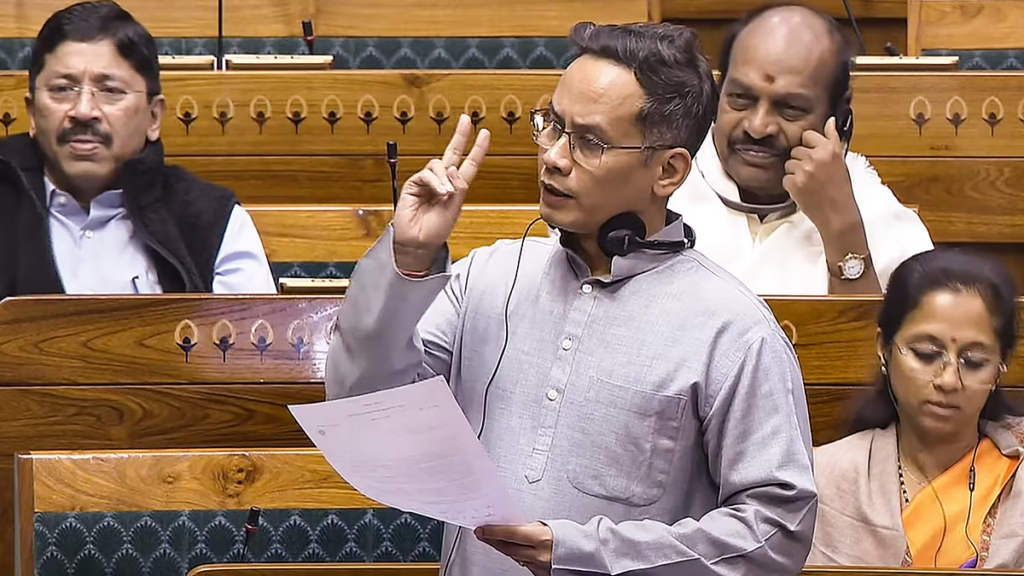
Gaurav Gogoi, a prominent Member of Parliament in India, has recently brought attention to the challenges faced by adolescents in the digital age. Referring to the crucial developmental stage of adolescence, Gogoi has called for a meaningful debate on the impact of social media on the mental health of youth. Adolescence is a critical period when young people undergo physical, emotional, and psychological changes, making them particularly vulnerable to external influences, including the growing presence of social media in their lives.
Gogoi’s appeal is timely, as the proliferation of social media platforms has sparked widespread concerns about their effects on mental well-being. Studies suggest that excessive exposure to social media may contribute to issues such as anxiety, depression, low self-esteem, and body image concerns among young people. The curated and often unrealistic portrayals of life on these platforms can create unhealthy comparisons and pressure to conform. Moreover, the addictive nature of social media can disrupt sleep patterns and limit meaningful interpersonal interactions, further exacerbating mental health issues.
Gogoi has emphasized the need to critically analyze the pros and cons of social media and its influence on India’s younger generations. While social media offers benefits, such as connectivity, access to information, and platforms for self-expression, it also raises questions about how society can better regulate its use and mitigate its negative effects.
By initiating this debate, Gogoi aims to foster a national conversation on creating a balanced digital environment. This could involve introducing educational programs to promote responsible usage, enhancing mental health support for adolescents, and exploring regulations to curb the harmful aspects of social media.
It is a crucial and thought-provoking topic that invites policymakers, educators, parents, and young people themselves to reflect on the role of social media in shaping the mental health of the next generation.


